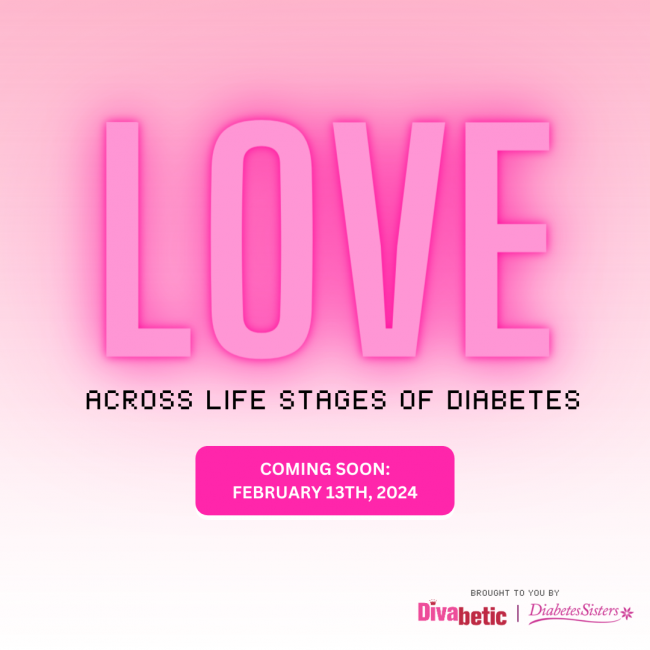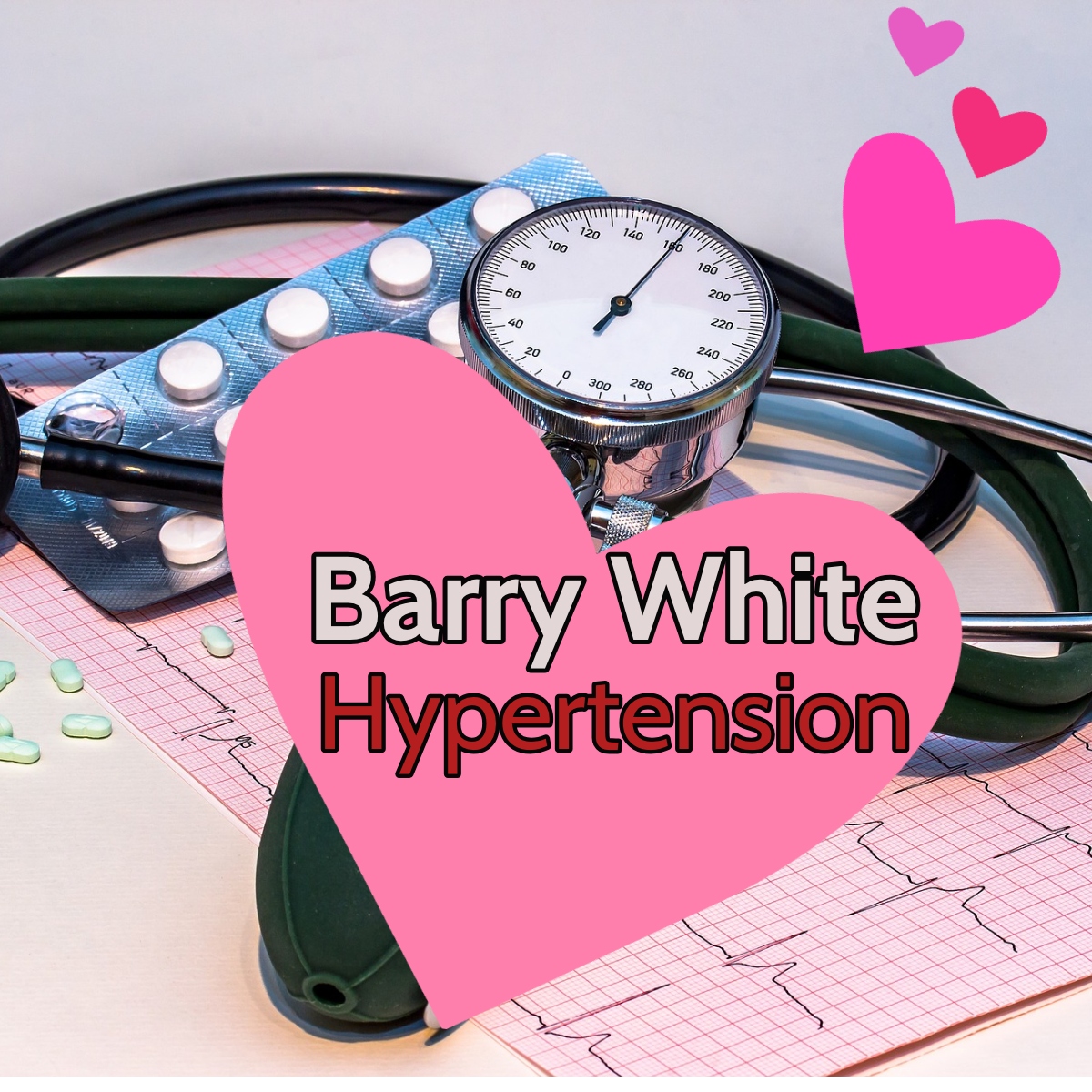Looks like someone is coming but it’s too late to save Max. Millicent Merriweather turns around, intending to shoot our approaching team, but her numbed feet cause her to trip over a nail sticking out of the rotting deck. Peggy rushes forward and holds Millicent down as she tries to stand up. In the tussle, the stolen pearl handled pistol skids across the deck and Mama Rose Marie grabs it and points it at Millicent.
Mama Rose Marie: Where is my son?
Millicent: Swimming with the fishes.
Peggy: That’s not possible. He can’t be dead. I put blanks in that pistol after I found it behind Millicent’s cash register. Millicent is always threatening to kill anyone who uses a Groupon. There’s no way she should have access to a loaded gun.
Tonya: Look, there he is!
Narrator: Max’s head bobs up in the water. After climbing up the ladder, he is toweling off on deck.
Mama Rose Marie: Thank Goodness, you’re safe. Once you dry off, Bartholomew, you’ll be as good as new.
Max: New? Never. Different? Maybe. I’m not going to pretend to be someone else to win a contest. From now on, I’m staying true to who I am no matter how the chips may fall.
Tonya: Don’t you mean no matter how the dead bodies may fall?
Peggy: I’ve got some good news. We have a new Decadent Desserts on Deck Champion.
Max: I …I won?
Tonya: What? Was everyone else disqualified?
Peggy: I’m sorry Max – you never finished making your pie, so you WERE disqualified. But I think this check just might make up for it. Does this lift your spirits?
Max: Wow, what’s this for?
Peggy: Think of it as an advance on future pie orders. Your vegan key lime pie made with cashews and a pecan pie crust is such an interesting twist on the traditional recipe that I want to offer it to my customers.
Patricia: My patients who switch to vegan diets see their blood pressure decrease as well as their risk for heart disease.
MaryAnn: Max, you did it! You finally sold a recipe! Let’s celebrate.
Tonya: Hold your horses. We still haven’t found the stolen whales’ teeth!
Peggy: Loretta told me she hasn’t had any luck finding them.
Max: Mom, why do you have a funny look on your face?
Mama Rose Marie: We need to go check the oven.
Max: In the prep kitchen? But I turned it off before we left this morning.
Mama Rose Marie: No, no, not that oven! C’mon. Follow me.
Narrator: Mama Rose Marie leads our team back to the fabled Hussey mansion overhanging the Nantucket Sound.
SOUND EFFECT: Sea gulls
Mama Rose Marie: Peggy, didn’t you say Britannia won ten First Place ribbons with her winning pie crust? Is that right?
Peggy: Do you mean what I said about ‘blind baking’?
Max: Mom, what do her baking skills have to do with the whales’ teeth?
Mama Rose Marie: Tanya, open that oven door.
Tonya: Well, I’ll be. The stolen whales’ teeth are right here in Britannia’s pie crusts!
Peggy: Only Britannia would think to hide them there. Let me call Loretta.
Patricia: Max, please don’t get any ideas about adding whales’ teeth to your next gluten free recipe!
MaryAnn: By the look on his face. I think he’s seriously considering it.
Max: No! Look at Peggy’s check. It’s the exact amount of the entry fee for the baking contest in Martha’s Vineyard.
Mama Rose Marie: How can you think of entering another baking contest after what happened?
Max: We don’t have any choice. I gave Britannia all my cash for the food processor and I maxed out my credit cards on these pirate costumes.
Patricia: You mean we’re stuck here?
Tonya: Yippee! I’m ready to sink my teeth into another murder!
MaryAnn: Let’s just cash the check and go home.
Max: But I can make a lot more money winning the grand prize in Martha’s Vineyard with a new recipe! How about a rhubarb quinoa brownie?
Mama Rose Marie: Oh, no, here we go again!
Narrator: Another mystery solved by our crack team of amateur sleuths. We’ve all learned a few things from this story. Running away from your diabetes-related problems can lead to bigger issues. Any warning signs that something’s not right concerning your diabetes health should not be ignored.
We are always grateful to Sony Music for allowing us to feature their music. Tonight’s music was from the original Broadway recording of ‘Call Me Madam’ starring Dinah Shore.













